Latest Articles about Military/Security
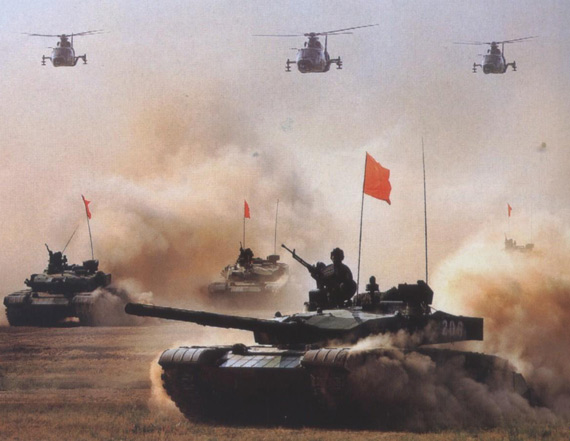
System of System Operational Capability: Impact on PLA Transformation
Several recent People’s Liberation Army (PLA) publications discuss requirements for implementing system of systems operations, which is considered the key enabler for integrated joint operations (IJO). The requirements are both broad and deep, indicating that these two theoretical developments are driving many of the changes... MORE
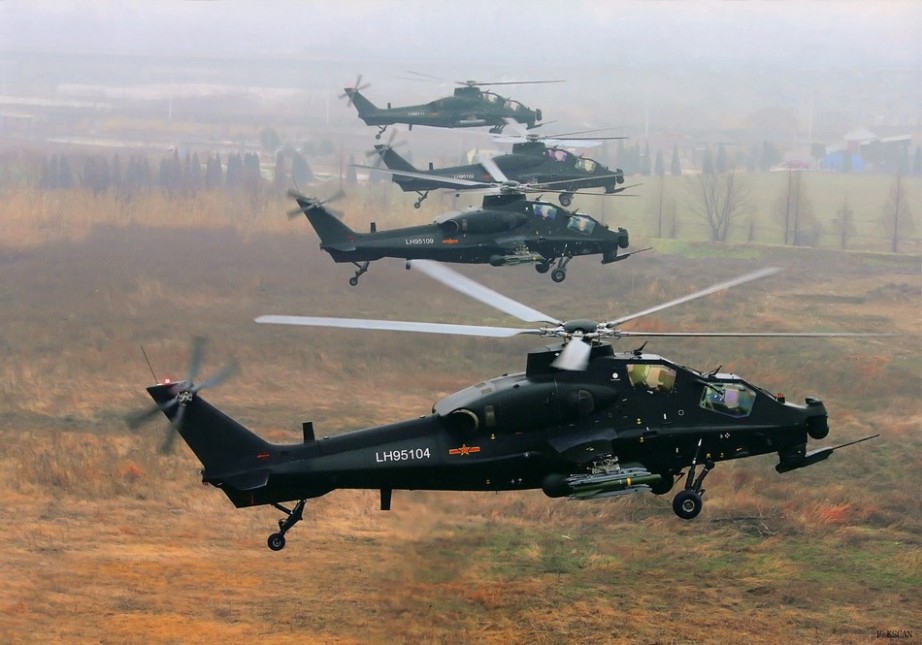
Counting Z’s: The Gradual Expansion of China’s Helicopter Force
While much attention has been given to Chinese development of fixed-wing aircraft like the J-20 and J-31, relatively little has been devoted to China's helicopter development. On March 16, 2013, a CCTV television news segment featured a squadron of Z-10 helicopters in Jinan Military Region... MORE
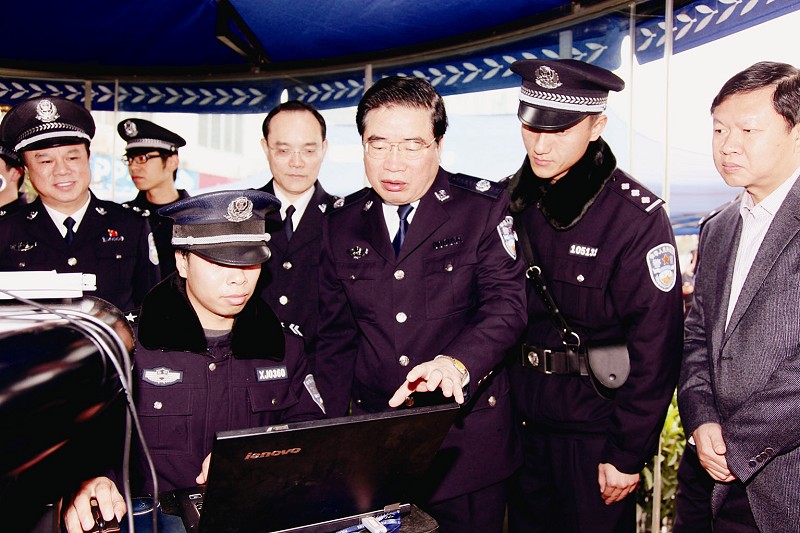
Informatization Drives Expanded Scope of Public Security
In a recent interview with the Ministry of Public Security’s (MPS) principle newspaper, a municipal police chief stated more than half of the solved cases were resolved because of the integration of technical surveillance data into his public security bureau’s operations (China Police Daily, March... MORE

Special Operation Along Chechen-Ingush Border May Be Targeting Doku Umarov
Over the past week, Russian government special forces have been conducting a large-scale special operation to root out militants in the Achkhoi-Martan district of Chechnya and the adjacent Sunzha district of Ingushetia. The fact that even auxiliary police forces have been participating in the special... MORE
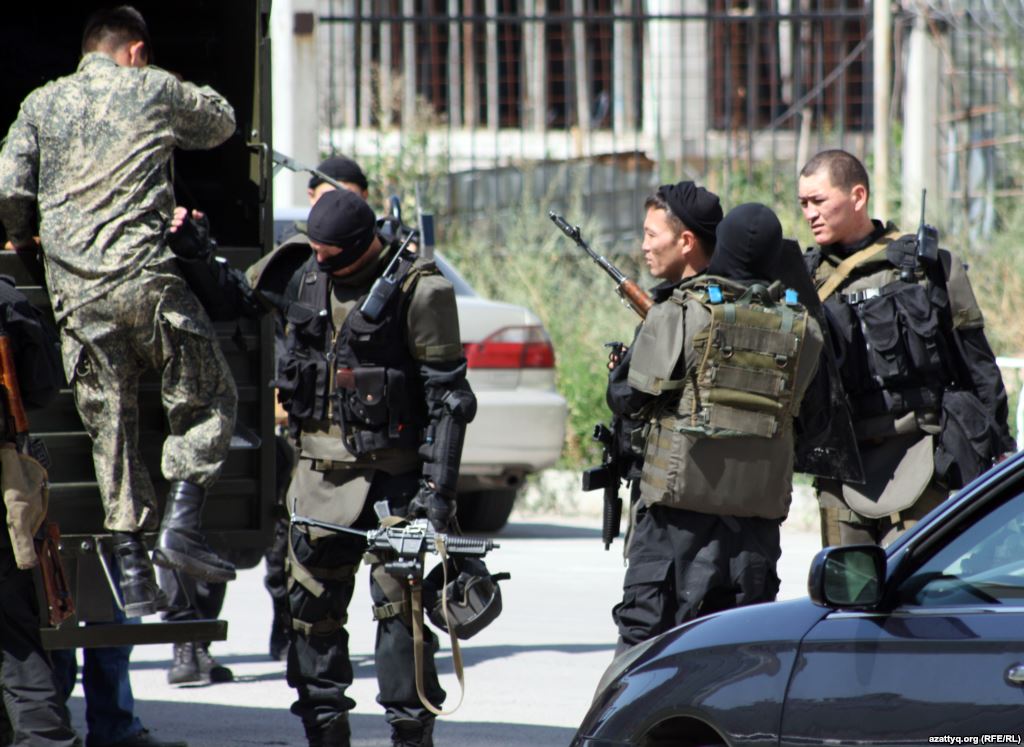
Kazakhstan Introduces New Counter-Terrorism Strategy
Kazakhstan has taken steps to protect and counteract any potential terrorist threat to the establishment of a nuclear fuel bank, though authorities continue to express concern about a wider and non-specific terrorist threat within the country. On April 4, Foreign Minister Erlan Idrisov stressed that... MORE

Toward a Historical Peace Between Turks and Kurds?
Since March 21, new year’s day or “Newroz” for Kurds and Central Asian nations, Turkey has been witnessing a historical transformation in its decades’ old Kurdish question. On this day, Abdullah Ocalan, the imprisoned leader of the Kurdistan Workers’ Party (PKK), a terrorist organization that... MORE
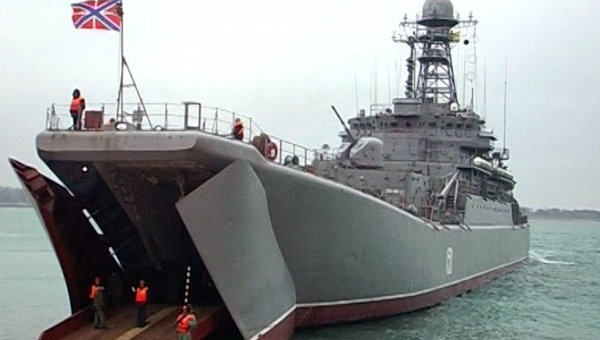
What Is the Significance of Russia’s Black Sea Maneuvers?
At 4 a.m. on March 28, President Vladimir Putin delivered a sealed letter to Defense Minister Sergei Shoigu ordering him to launch at once unscheduled maneuvers involving not just the Black Sea Fleet but air and airborne forces and the Army. The exercises wound down... MORE
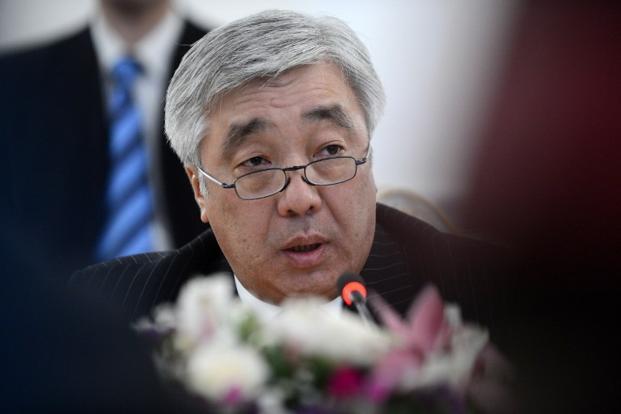
Kazakhstani Foreign Minister Erlan Idrissov Conducts Shuttle Diplomacy in Central Asia
Kazakhstan’s mediation role in Iran, which resumes today, is not unique. Astana has striven to resolve conflicts throughout its Eurasian neighborhood. To this end, at the end of March, Kazakhstani Foreign Minister Erlan Idrissov visited Tajikistan and Uzbekistan to engage in some shuttle diplomacy to... MORE

The Afghan Threat: Reality or Uzbek Political Games?
A shootout occurred on March 21, on the border of Afghanistan and Tajikistan, between armed Afghans and residents of the Shuroabad District (in southwestern Tajikistan). Four people died. According to local residents, three armed Afghan smugglers entered Dekhi Qozi village. They took four local residents... MORE
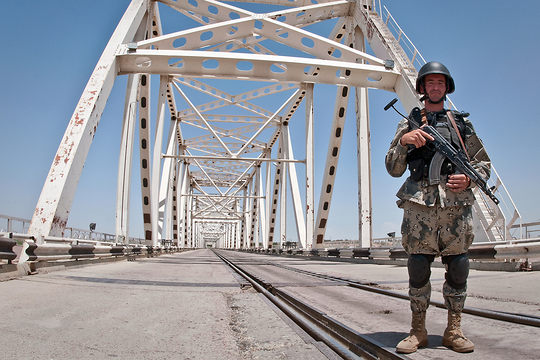
NDN ‘Reverse Transit,’ Uzbekistan and the Failure of Western Grand Strategy (Part Two)
The drawdown of North Atlantic Treaty Organization (NATO) combat forces from Afghanistan by 2014 will limit the future potential of the Northern Distribution Network (NDN). Moreover, the withdrawal has left defense planning staffs among International Security Assistance Force (ISAF) members trying to resolve the conundrum... MORE